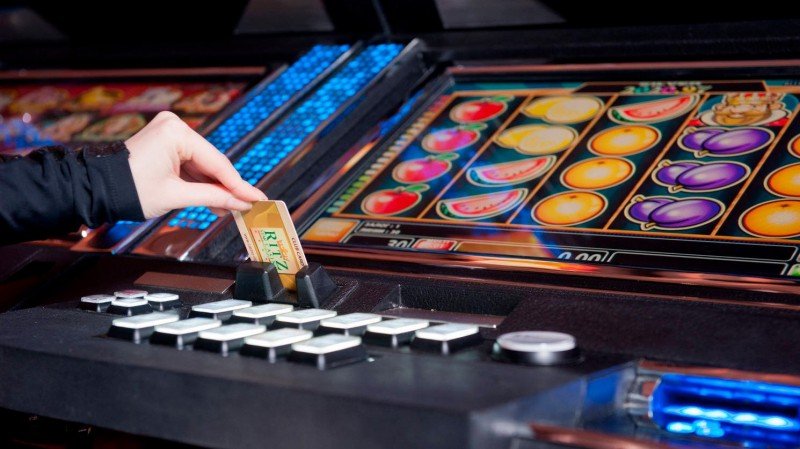Nevada authorities consider new rules for more cashless gambling

Nevada regulators are expected to take another step to make it easier for gamblers to use cashless betting options during the coronavirus outbreak.
After having contemplated regulations that would bring more digital financial transactions to casino floors for a long time, the Nevada Gaming Commission is set to consider on Thursday amendments to two regulations.
Industry leaders are hopeful the new rules will change procedures in casinos the same way as “ticket in-ticket out” technology did when it was unveiled in the 1990s, the Las Vegas Review-Journal reports.
Gaming Control Board Chairwoman Sandra Morgan has advocated more cashless solutions in casinos, but said earlier this year that requests to introduce cashless technology have slowed over the past nine months.
“I’ve been pretty public saying that I’m open to looking at new ways that technology can help attract new customers and be beneficial for not only the industry but even for responsible gaming measures as well,” Morgan said in May.
At the Control Board’s June meeting, members debated the merits of six amendments to the board’s Regulation 1, which contains a series of definitions on financial terms, two amendments, and a new section of Regulation 14, which specifically addresses cashless wagering systems.
The board unanimously approved recommending adoption to the commission, which will now conduct public hearings before considering implementation.
The definition changes for Regulation 1 detail “debit instrument” to include anything defined by statute, including anything that provides for a transfer of money, including credit and debit cards and smartphone apps. It also better defines “electronic transfers” to a game or gaming device.
The changes in Regulation 14 would still prohibit direct transfers of funds from a bank account to a gaming device, but it would enable transfers to digital wallets and other similar technology.
“A licensee shall not allow a patron to use a debit instrument for purposes of making electronic transfers of money from a financial institution directly or indirectly to a game of gaming device unless the transfer uses a cashless wagering system approved by the chair for such transfer,” the proposed new section says.
In other words, the board will continue to have control over cashless systems and licensees would have to make contact with the board to implement use of their systems.
In earlier hearings, the industry has supported the changes under consideration.
AGEM supports changes
In a letter to Gaming Commission Acting Chairman John Moran, the Association of Gaming Equipment Manufacturers endorsed the potential outcomes that could change financial transactions in casinos.
“These outcomes range from enhanced legal compliance, improved public health and safety, especially given the COVID-10 pandemic, as well as more robust responsible gaming alternatives and advanced operating efficiencies,” said Dan Reaser, an attorney representing AGEM.
“As we collectively experienced over a decade ago with ticket in-ticket out technologies, driving the gaming environment toward a cashless environment will have profoundly positive impacts,” Reaser said.
Dr. Ellen Foxman, an assistant professor in Yale University’s Department of Laboratory Medicine, said currency has always been viewed as a possible carrier of germs.
“It really can stay on surfaces for like several days, including things you touch, like cash,” Foxman said in a recent report.
While responsible gaming advocates initially were concerned about the ease of access to bank accounts and credit limits, the fact that an interim step remains and that players cannot move money directly from a debit or credit card to a gaming device has eased some concerns. And, the bonus to responsible gaming is that there’s a means to limit the amount of accessibility to a bank account with some cashless systems that have been proposed. Players could potentially limit the number of transactions or dollar amounts accessed per day before they use an app, for example.

















